The coronavirus can be lethal to anyone who catches it but seniors are especially at risk if infected.
Eight out of ten deaths from COVID-19 have been in those aged 65 or over. The reason being that, with age, the immune system becomes less effective at fighting off infections . Also, having multiple chronic diseases can complicate things if you have caught the virus.
The best thing seniors can do right now is to hunker down in self-isolation and practice social distancing but we must recognize that this is a lot to ask. Living in lockdown mode can be challenging.
Here are a few ways to help older adults through the pandemic:
-
Schedule Virtual Family Visits

Nursing home populations are among the highest risk groups being affected by COVID-19. The residents are older, many have underlying chronic medical conditions and they also congregate in close quarters. The Centers for Disease Control and Prevention (CDC) has recommended tight restrictions on visitors, volunteers and nonessential health care personnel.
Most group activities and communal dining have also been canceled at nursing homes and long-term care facilities. Changes such as these increase the need for social interaction for seniors.
Facetime, Skype calls or other virtual visits that you share can prove invaluable. Consider setting up scheduled days and times to connect, so the visits don’t fall through the cracks and seniors have something to look forward to during the pandemic. Multiple family members can join using video conferencing tools such as Zoom and nursing home staff can help residents set up the call. Even a quick phone call a few times per week can help reduce feelings of social isolation for seniors who are sheltering in place.
-
Limit in-Person Visits to Adults Only
If you visit an elderly parent or grandparent in person, it is essential to follow CDC guidelines on reducing the risk of spreading infection. Those precautions include washing your hands thoroughly, observing social distancing and if you are feeling even a little sick, cancel the visit. Also, it is best right now not to include young children in the visit as they may lack the discipline and self-control necessary to maintain social distancing from their grandparents. New research in the journal Pediatrics found that 13% of children with confirmed cases of COVID-19 did not show symptoms. For safety’s sake, let the youngest children say hello via a virtual family visit.
-
Use Television for More Than News
Psychologists say all adults should balance time spent watching the news with other televised programs. This is even more important with seniors who tend to remember and fixate on the most negative reports.
Premium cable and network channels offer classic movies and shows, including holiday-themed storylines that can be uplifting. Suggest that your elderly relative or friend limit the time they spend watching the news and instead offer some alternatives that you can both watch and discuss later.
-
Write a Letter or Create an Art Project
Care packages and letters do wonders. Small tokens, printed photos and even art projects from a grandchild are wonderful gifts for seniors and constant sources of reassurance that you are thinking of them and their loved ones remember them.
The COVID-19 threat and the ongoing uncertainty surrounding it are difficult for everyone but for seniors, the prospect of isolation is genuine and it can lead to depression, worsening physical health, increased stress and cognitive changes.
-
Be the Person They Can Vent To

Seniors worry about their own lives but are also concerned about their peers and many have already lost friends to COVID-19. Encourage them to open up about their feelings.
Remember, you don’t need to take on the position of being their emotional support system all by yourself. Enlist other family and friends to check in too.
It’s easy to let negative thoughts and feelings creep in around the COVID-19 pandemic, with most of the world under quarantine, unemployment rates rising, travel banned and schools closed. If you feel afraid, don’t worry; you are not alone. Keeping a positive mindset will be big support that you can give older adults. Let us know in the comment section below how you are providing support to elders in nursing homes.


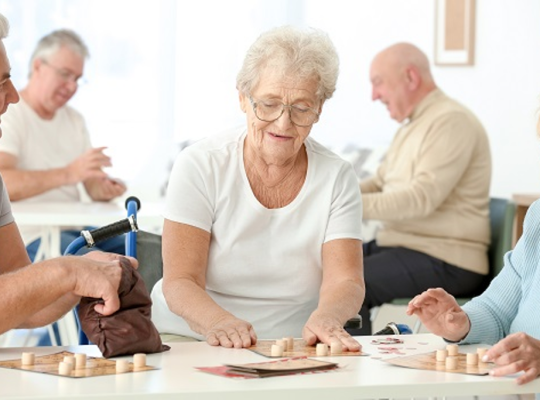
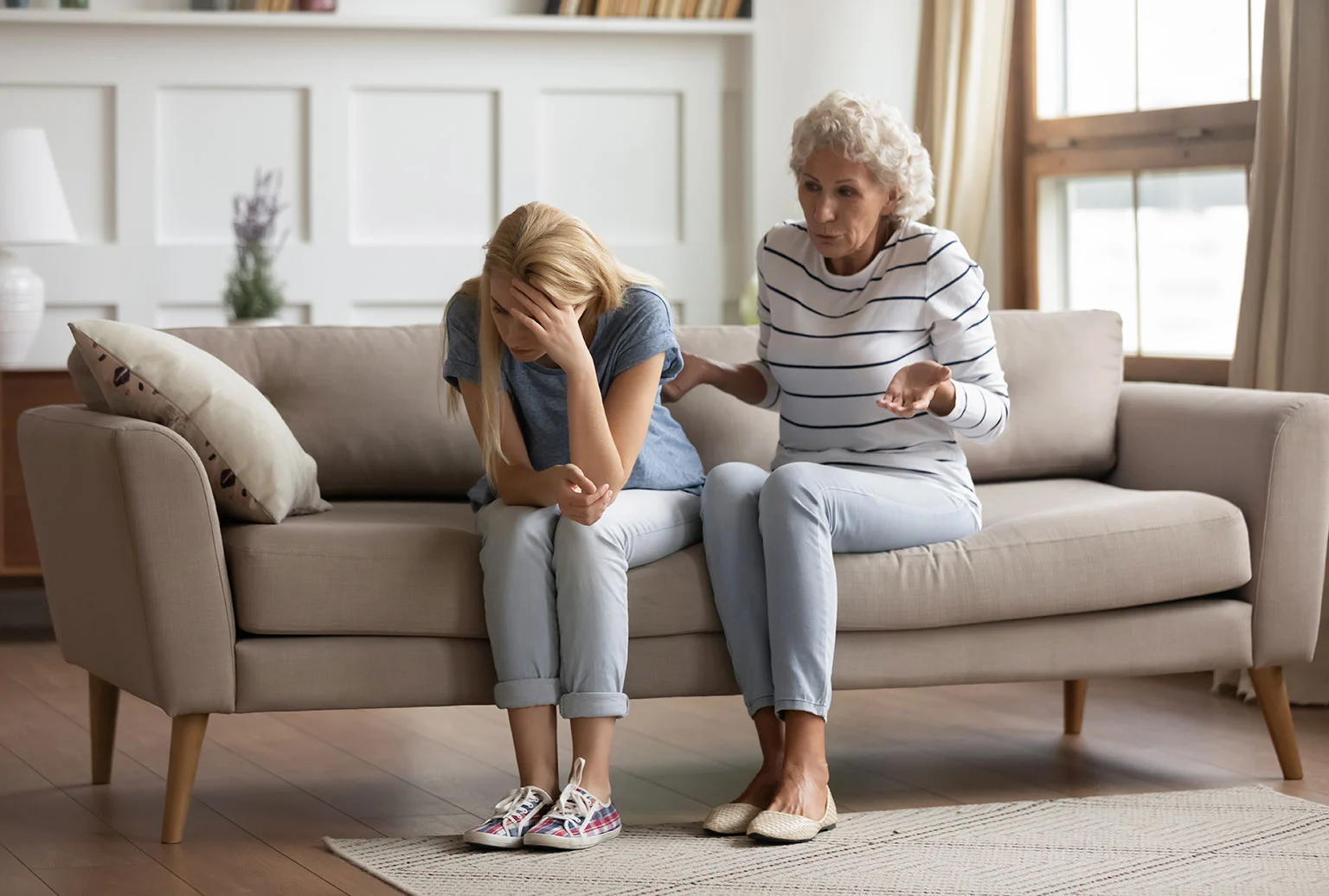
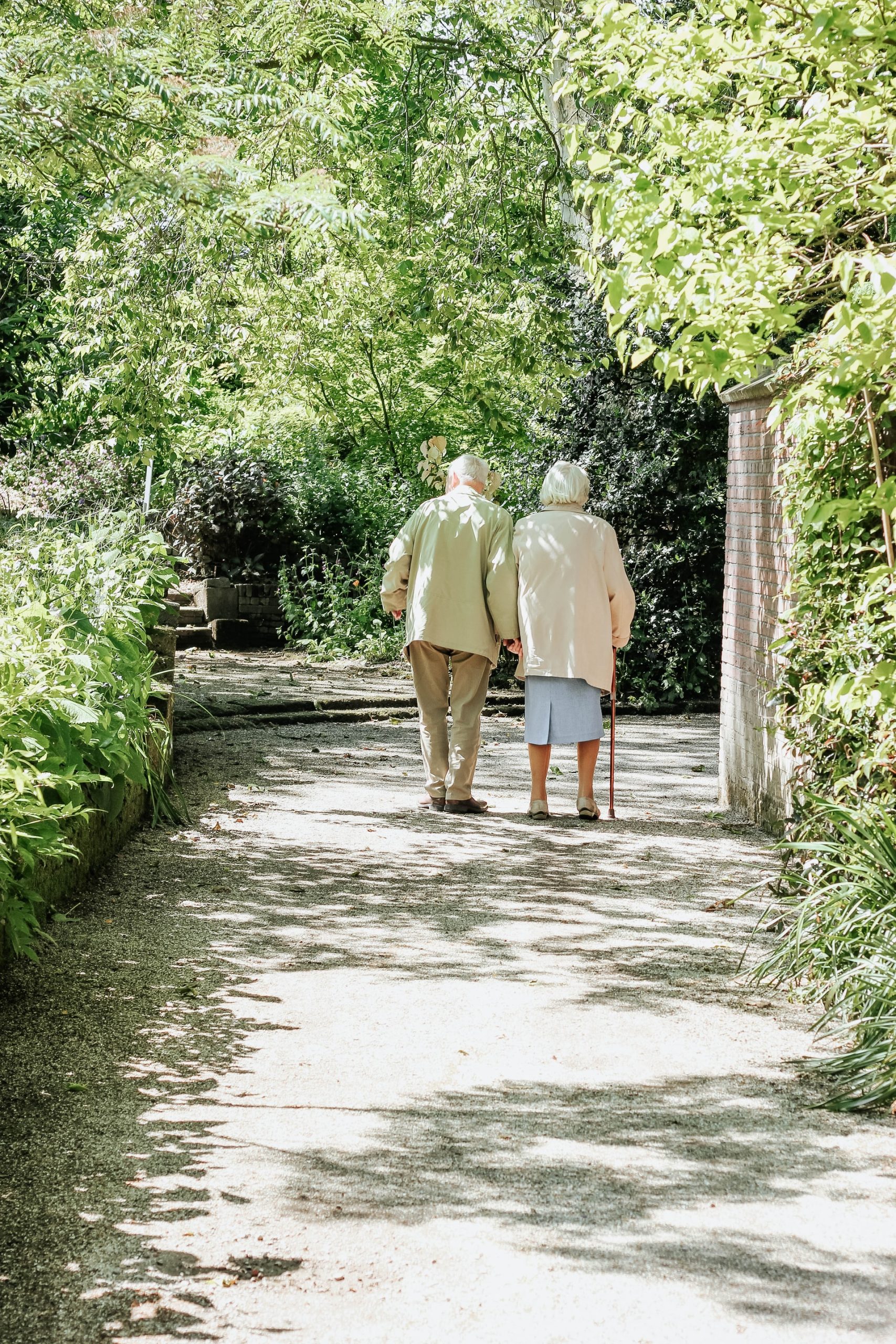
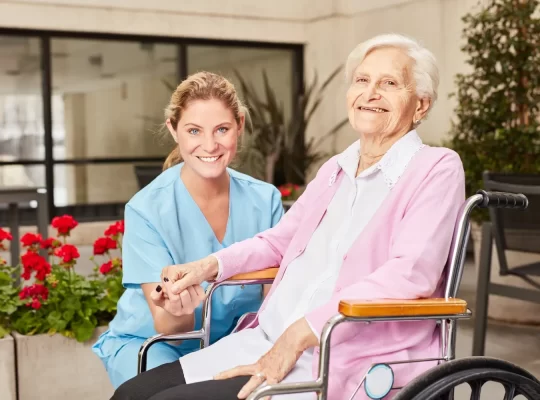
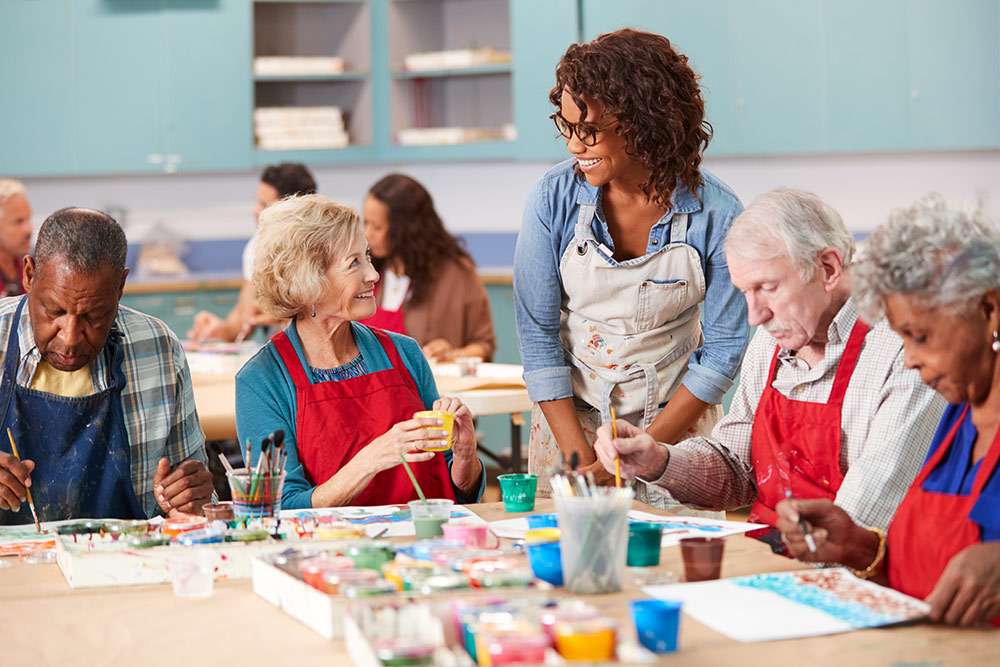
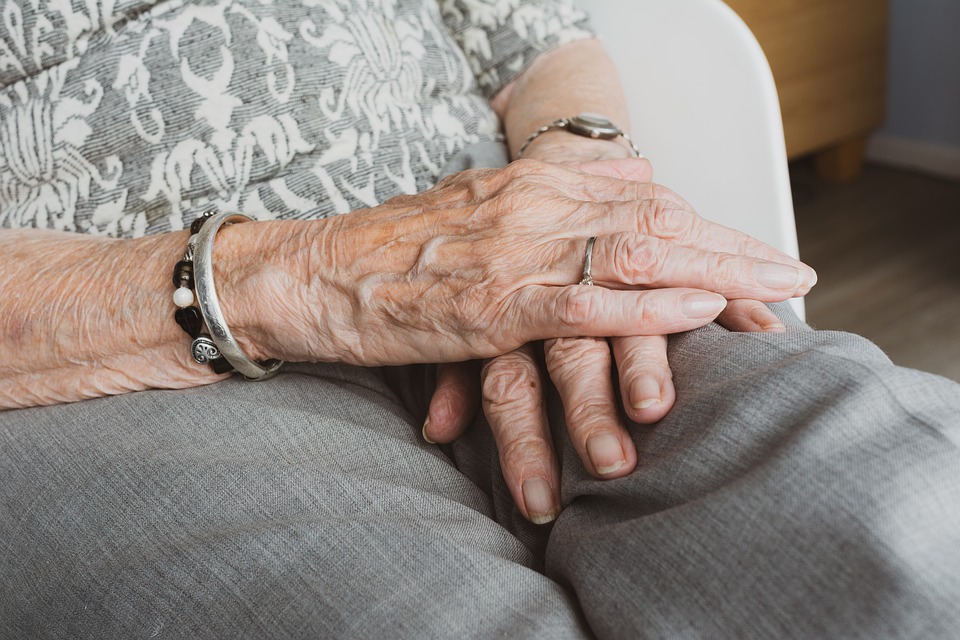
Hey! I’m at work surfing around your blog from my new iphone!
Just wanted to say I love reading your blog and look forward
to all your posts! Keep up the outstanding work!